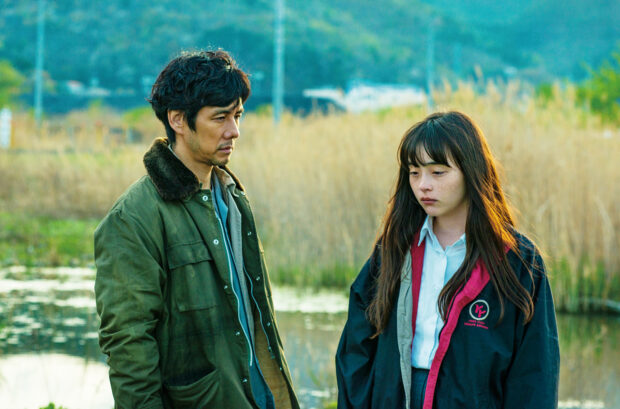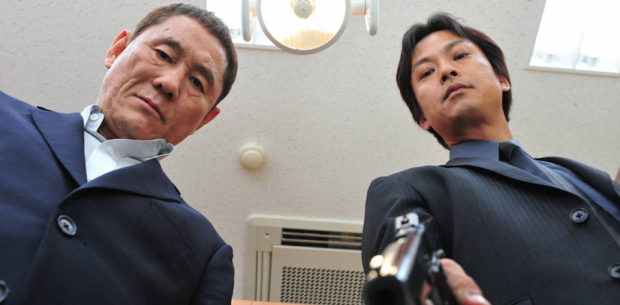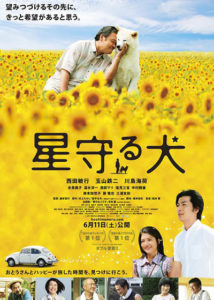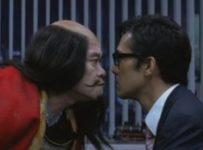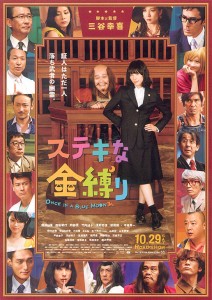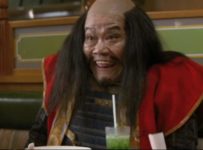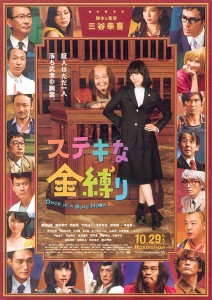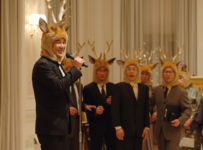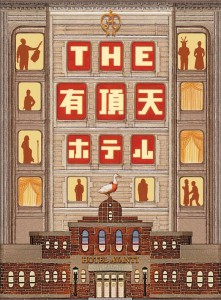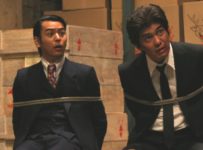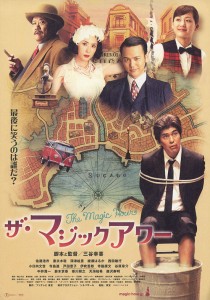It’s a legitimate question. This glorious titled film from director Satoshi Miki (Louder! Can’t Hear What You’re Singin’, Wimp!) asks the tough questions that we all have at the end of a giant monster movie. Once the foul beast is felled, what happens with the remains of a creature that takes up several city blocks?
In WHAT TO DO WITH THE DEAD KAIJU? (大怪獣のあとしまつ) — which can also be translated as ‘Aftermath of the Great Monster’ — a large monster attacking Japan mysteriously dies. The clock starts ticking on when the gases inside the corpse will explode and cause even more devastation. Officer Arata of the Japan Special Force (Fullmetal Alchemist‘s Ryosuke Yamada) is put in charge of the task.
In an already complicated sea of political turmoil and bureaucratic red tape, in steps Yukino Amane (Tao Tsuchiya) with some grand ideas. Not only is she secretary to the minister for the environment, but she is also Arata’s ex-fiancee. The dead kaiju becomes a political football, a national icon and a symbol for potential tourism. Not to mention the burgeoning market for delicious kaiju meat.
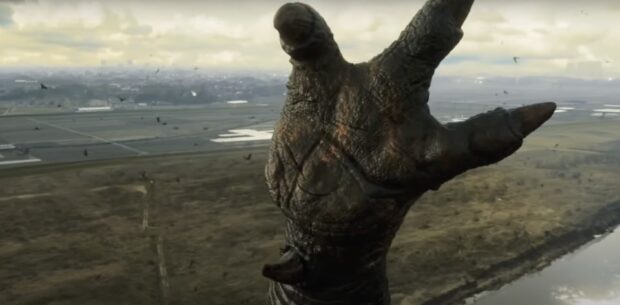
Miki’s latest satire throws a lot of concepts at the screen at once. It is a sharp political satire on the one hand, but eschews the ultra-realism of modern office sitcoms for a more over-the-top tone. A minister falls headfirst into the carcass at one point, her legs akimbo as she gets stuck in a gaping wound. One bureaucrat likens the job to “kitchen waste,” while another introduces the notion of a deus ex machina (or “Chosen One”) that will take care of the work for them. Actually, isn’t this sounding awfully like reality to you?
Of course, we get to watch this in the context of our own global catastrophe, one that exposed both the shortcomings of government and corporate entities alike. Officials are quick to rename the dead beastie ‘HOPE’ in the hopes that it will a rallying cry for a nation. (This in turn leads to some fun puns about flushing hope out to sea). Meanwhile, the media becomes preoccupied as to whether the smell of the giant rotting body smells more like ‘poo or puke.’
KAIJU is clearly a film made on a budget, as evidenced by some basic effects and a seat-of-the-pants feel about it. Sometimes this works in the film’s favour: the creature is only see in part at first, and giant sky ships are allowed to exist only in silhouette. Some might even say it all adds to the film’s charm, although one can’t help but wonder what a bigger budget version of this would look like.
Yet expedient costs are all part of the in-joke the film is sharing with the audience. Following the reveal of a deus ex machina telegraphed in the first act, a post-credit sequence wryly comments: Another kaiju is on its way — se us pull it off with less than half the budget.” You know what? I reckon they just might pull it off.

2022 | Japan | DIRECTOR: Satoshi Miki | WRITERS: Satoshi Miki | CAST: Tao Tsuchiya, Ryosuke Yamada, Toshiyuki Nishida, Rinko Kikuchi | DISTRIBUTOR: Shochiku, Fantasia Film Festival | RUNNING TIME: 115 minutes | RELEASE DATE: 14 July – 3 August 2022 (Fantasia)
![Review: What to Do With the Dead Kaiju? [Fantasia 2022]](https://thereelbits.com/wp-content/uploads/2022/08/whattodowithdeadkaiju001f-203x150.jpeg)

